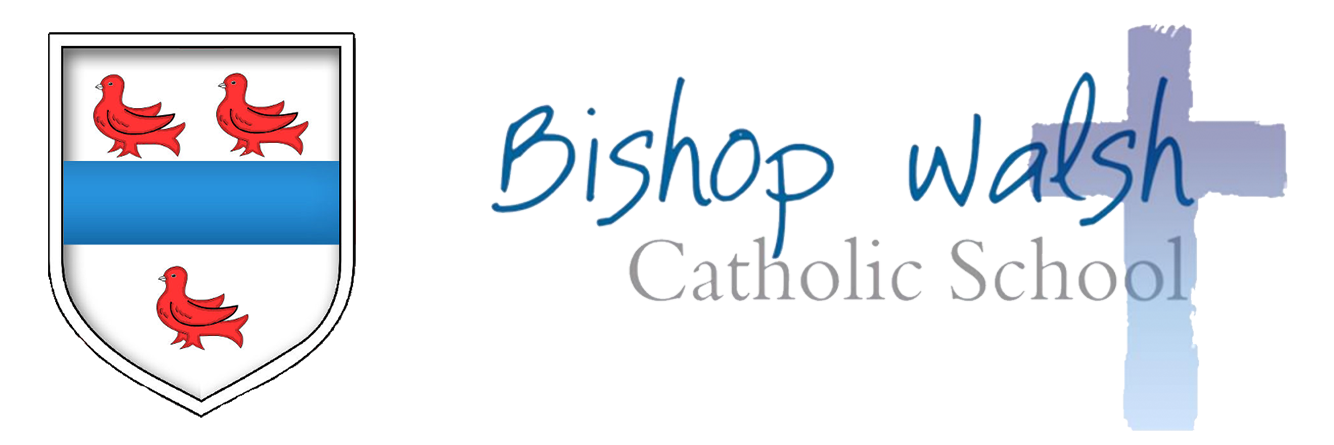Teaching & Learning
Science
Useful Websites:
All pupils have access to the online textbook at https://www.kerboodle.com/users/login. Pupils should know their login. The institution code is sml5
Physics revision https://www.physicsandmathstutor.com/physics-revision/gcse-aqa/
BBC Bitesize Physics https://www.bbc.co.uk/bitesize/examspecs/zsc9rdm
BBC Bitesize Physics for Combined Science https://www.bbc.co.uk/bitesize/topics/zqw77p3
BBC Biteesize chemistry https://www.bbc.co.uk/bitesize/examspecs/z8xtmnb
BBC Bitesize chemistry for combined science https://www.bbc.co.uk/bitesize/topics/z88jjty
Chemistry notes https://chemrevise.org/gcse-aqa-guides/
Chemistry videos https://www.youtube.com/channel/UCBgvmal8AR4QIK2e0EfJwaA
Chemistry questions https://www.physicsandmathstutor.com/chemistry-revision/gcse-aqa/
BBC Bitesize Biology for combined science: https://www.bbc.co.uk/bitesize/examspecs/z8r997h
BBC Bitesize Biology for combined science https://www.bbc.co.uk/bitesize/examspecs/zpgcbk7
Biology videos https://www.youtube.com/channel/UCBgvmal8AR4QIK2e0EfJwaA/playlists?view=50&sort=dd&shelf_id=22
Biology revision https://www.physicsandmathstutor.com/biology-revision/gcse-aqa/
KS3
Intent and Knowledge Entitlement:
The science curriculum at Bishop Walsh Catholic School aims to provide pupils with the knowledge and skills which they require to be scientifically literate individuals who can understand and engage with the world around them. Scientific literacy is concerned with understanding key scientific ideas, the nature and limitations of science, the processes of science and then being able to use these to make informed decisions and participate in society. Additionally, we aim to engage pupils in science so that they may be inspired to study science at more advanced levels and aspire for careers in the science industry. We study Science because Science means discovery. Discovery of how the world works, our place, impact, role and the responsibilities we have. In lessons we will explore how scientific ideas develop and how we learn by experimentation. We are committed to providing a stimulating, engaging and intellectually challenging learning environment to enable all our students to develop scientific consciousness, from the subatomic to the intergalactic. At KS3 and KS4 the scientific ideas (knowledge) which pupils need are laid out in topic target sheets which pupils are given at the start of each topic.
Skills Entitlement:
Throughout the teaching of knowledge, teachers will intertwine skill development. This will ensure that pupils are able to effectively apply their knowledge to real life situations. Science teachers will carefully embed practical work in their lessons as this is vital to both the delivery of facts, but more directly through investigative-type tasks will develop pupils’ scientific skills. The skill development in science is often linked to scientific enquiry which is what pupils do in order to answer scientific questions about the world around them. Scientific enquiry increases pupil’s capacity to:
Problem-solve and answer questions. Rich opportunities are provided where children explore their own ideas, develop and deepen conceptual understanding.
Work with independence. Thinking and reasoning is nurtured alongside a host of qualities, including resilience, determination and confidence.
‘Be a scientist’. A necessary toolkit of practical skills is developed and added to over time, for example, it will enable pupils to improve precision of readings, accuracy of measurements, processing of data, drawing conclusions, analysis of results and also evaluating scientific methods.
Communicate effectively. Technical and scientific vocabulary is learned, practised and used, as children communicate evidence in a variety of ways, often with different audiences in mind.
By building in scientific enquiry skills throughout the teaching of specific content it will enable pupils to link their own knowledge to their skills more effectively.
KS4
We follow the AQA GCSE science (9-1) curriculum and have developed our own enriched scheme of work. The department has taken the approach to study the KS4 GCSE curriculum from the beginning of year 9. This allows us to study ideas further and ensure that pupils can revisit key ideas and embed them fully in their long-term memory. In this way pupils gain a deeper knowledge as opposed to one in which they have only some knowledge of the facts required and are not able to effectively apply it using their scientific skills. Practical work is embedded in science lessons effectively so that pupils develop these important skills.
Topics are rigorously tested throughout with end of topic test and exam style learning cycle assessments, both encourage students to use both short and long term memory throughout the year. Results are reported home 3 times a year as part of the whole school ‘learning cycle’ system. Following these tests pupils complete reflection tasks to identify areas of strength and areas for improvement.
In year 9 pupils will have 3 hours of science and work on rotation through biology, chemistry and physics topics. At the start of year 10 pupils will split into the separate science pathway (for the most able) or the Combined Science (Trilogy pathway). The combined science pathway is worth two GCSE’s and due to having less content will allow pupils more time to develop their understanding and still keep doors open for KS5 science study. In year 10 and 11 pupils have 6 hours of science, which is split into 2 hours of biology, 2 chemistry and 2 physics which are usually taught by specialist teachers. The course is examined at the end of year 11. Papers on combined science are each 30 minutes shorter than separate science.

